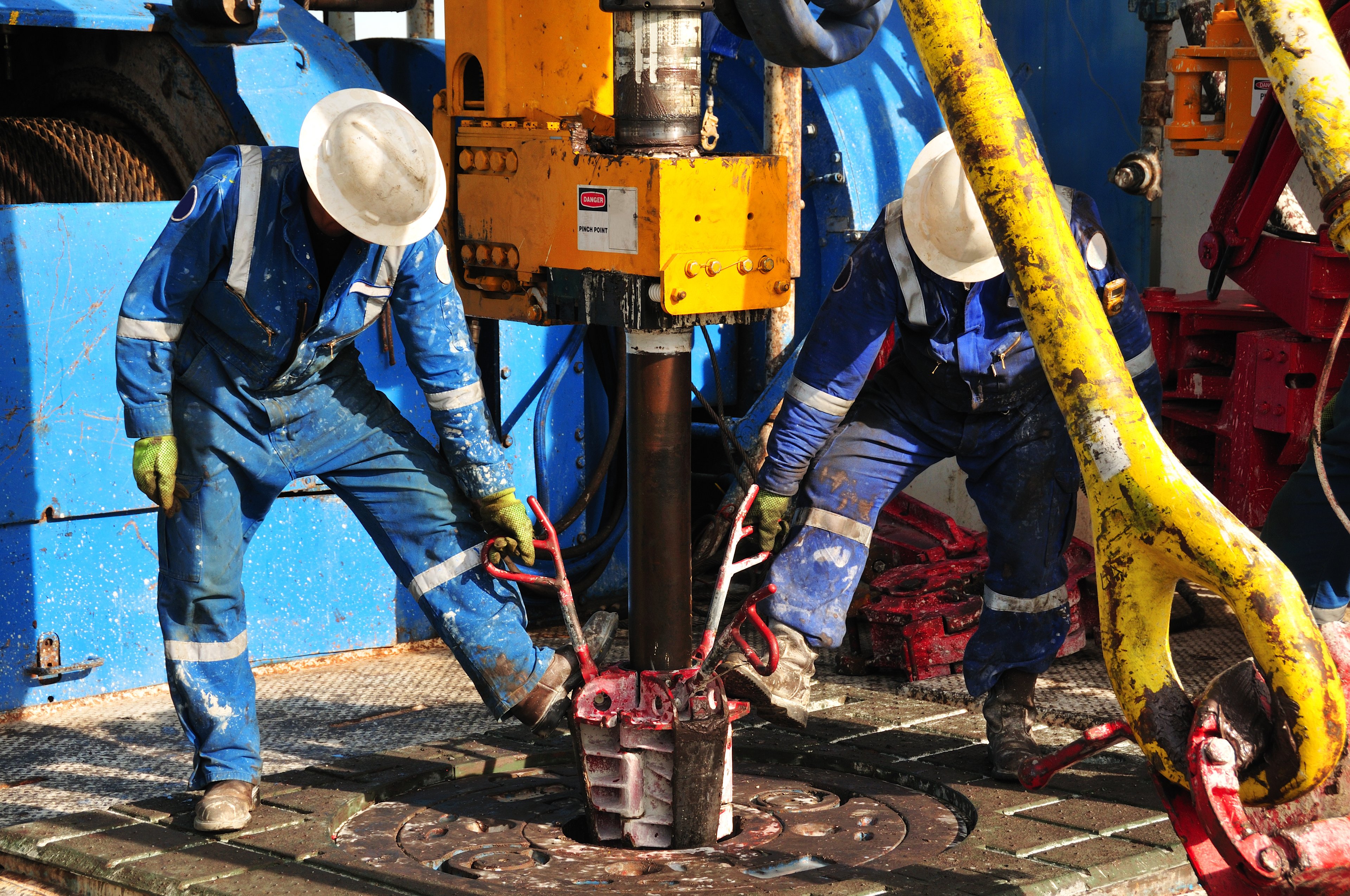Shares of Devon Energy Corp. (DVN 0.33%), the Oklahoma City-based oil and gas producer, have declined by almost 10% over the past two years, partly because of the company's heavy exposure to natural gas and depressed pricing for its Canadian crude production.
But with the company having completely curtailed dry gas drilling in favor of liquids-rich opportunities -- most notably its recently acquired assets in the oil-rich Eagle Ford -- margins and cash flow should grow substantially this year and could drive meaningful share price appreciation. Let's take a closer look.

Source: Devon Energy Corporation.
The Eagle Ford's vast potential
Along with North Dakota's Bakken shale, the Eagle Ford shale of South Texas is one of the fastest-growing shale oil plays in the country. Production from the Eagle Ford last year surpassed the 1 million barrel-per-day mark, up from around 200,000 barrels per day at the start of 2011 and next to nothing in 2009, and is expected to continue growing at a rapid clip.
Many Eagle Ford-focused producers have seen similarly phenomenal growth in output. EOG Resources (EOG 1.57%), for instance, reported a 50% jump in its fourth-quarter crude oil and condensate production thanks in part to improved Eagle Ford well productivity, while Marathon Oil saw its fourth-quarter Eagle Ford production surge by an astonishing 136% year over year.
Similarly, Chesapeake Energy (CHK +0.00%) grew its net fourth-quarter Eagle Ford production to an average of approximately 87,000 BOE per day, representing an impressive 39% year-over-year increase, while ConocoPhillips (COP 0.82%) reported 31% year-over-year output growth from its Eagle Ford, Bakken and Permian operations.
Devon's big opportunity in the Eagle Ford
Enticed by these companies' stellar results, Devon finally made a big move into the Eagle Ford back in November when it announced the purchase GeoSouthern Energy Corp.'s Eagle Ford assets for $6 billion in cash. That acquisition, which closed at the end of February, gives Devon 82,000 net leasehold acres in DeWitt and Lavaca counties in Texas that were producing roughly 53,000 barrels a day.
Despite the $6 billion price tag, which made it last year's most expensive oil and gas acquisition, the price paid is still significantly below Devon's current EBITDA multiple. Further, the majority of the acreage is located in DeWitt county, which features some of the most productive wells in the entire play with average estimated ultimate recoveries (EURs) exceeding 800,000 BOE per well, and offers some of the highest rates of return anywhere in North America.
The acquired assets are expected to be immediately self-funding and should generate approximately $800 million of free cash flow per year starting in 2015. Further, Devon has already identified roughly 1,200 undrilled locations across its acreage that have already been derisked and are mostly held by production, which gives the company several years of low-risk, repeatable drilling inventory.
Positive impact of asset sales
In combination with its focus on the Eagle Ford and other liquids-rich assets, Devon will also continue to divest non-core assets to further bolster its financial health and pay down debt it incurred in financing its Eagle Ford acquisition. Most recently, the company sold the majority of its Canadian conventional assets to Canadian Natural Resources (CNQ +0.73%) for C$3.125 billion, or US$2.8 billion.
During the company's fourth-quarter earnings conference call, management said it expects to put its remaining non-core asset packages on the market in the second quarter. Given strong buyer interest for Devon's assets and the company's exceptional track record of value-accretive divestitures, these asset sales should unlock significant additional value for the company and its shareholders.
The bottom line
This year, Devon's Eagle Ford and Permian assets should drive companywide oil production growth of roughly 35% year-over-year on a reported basis and about 20% on a same-store-sales basis, a measure that takes asset sales into account. As a result of the higher margins associated with liquids-rich drilling, Devon should see further margin expansion and stronger cash flow growth this year -- a potential catalyst to drive its share price higher.









